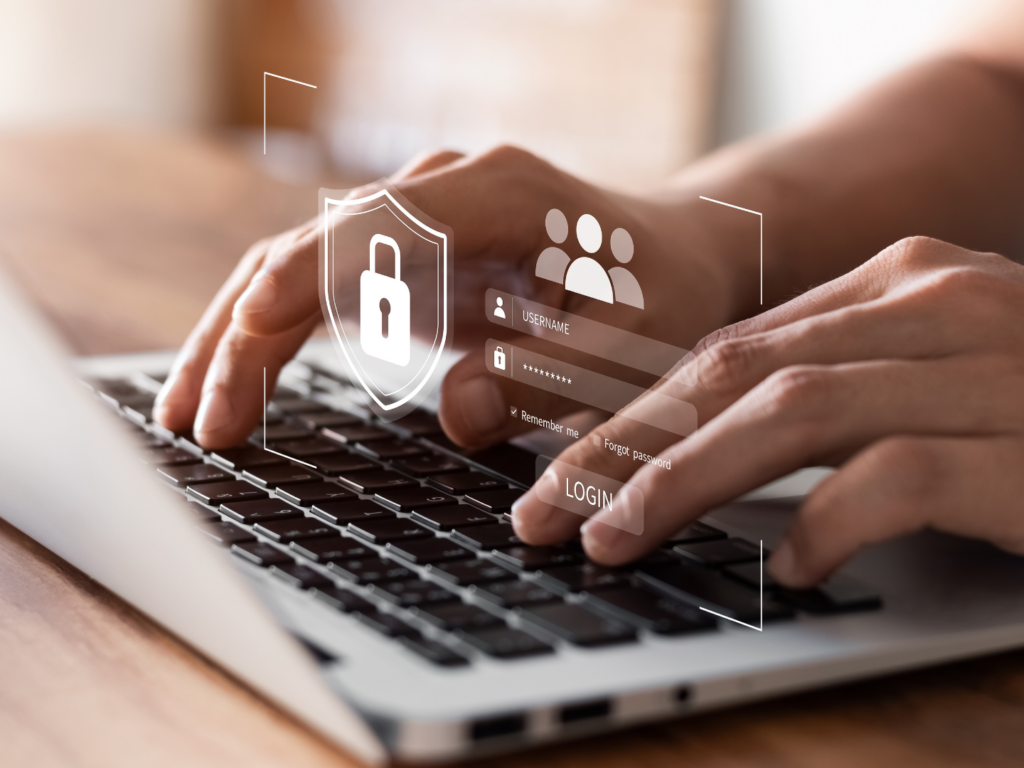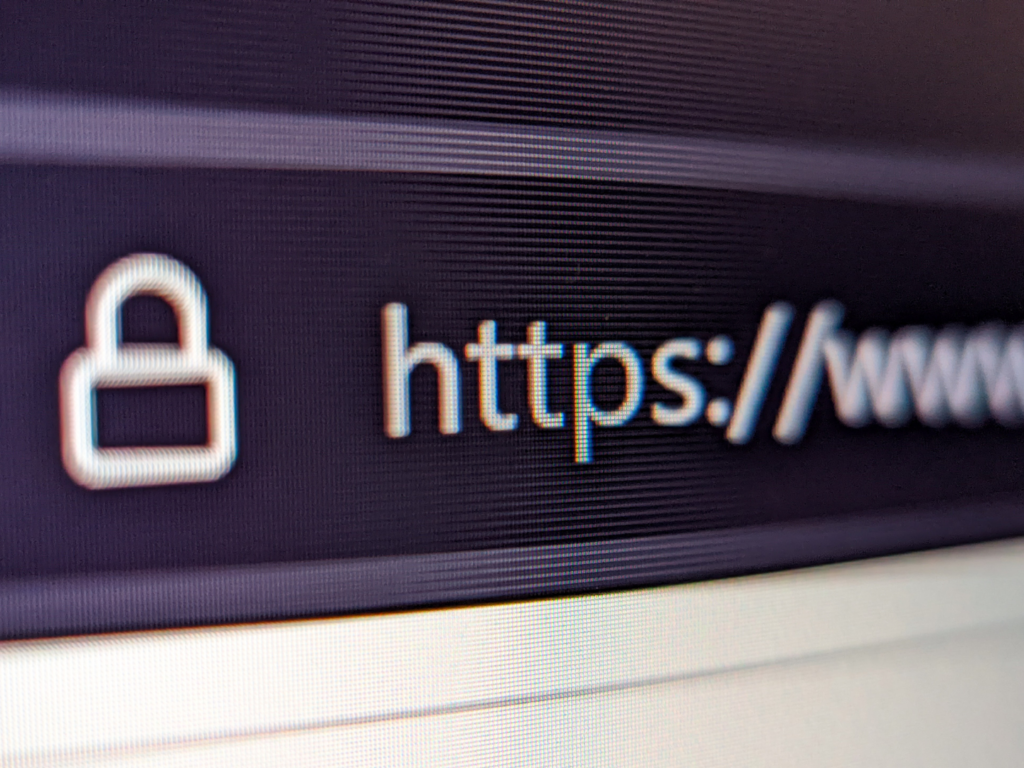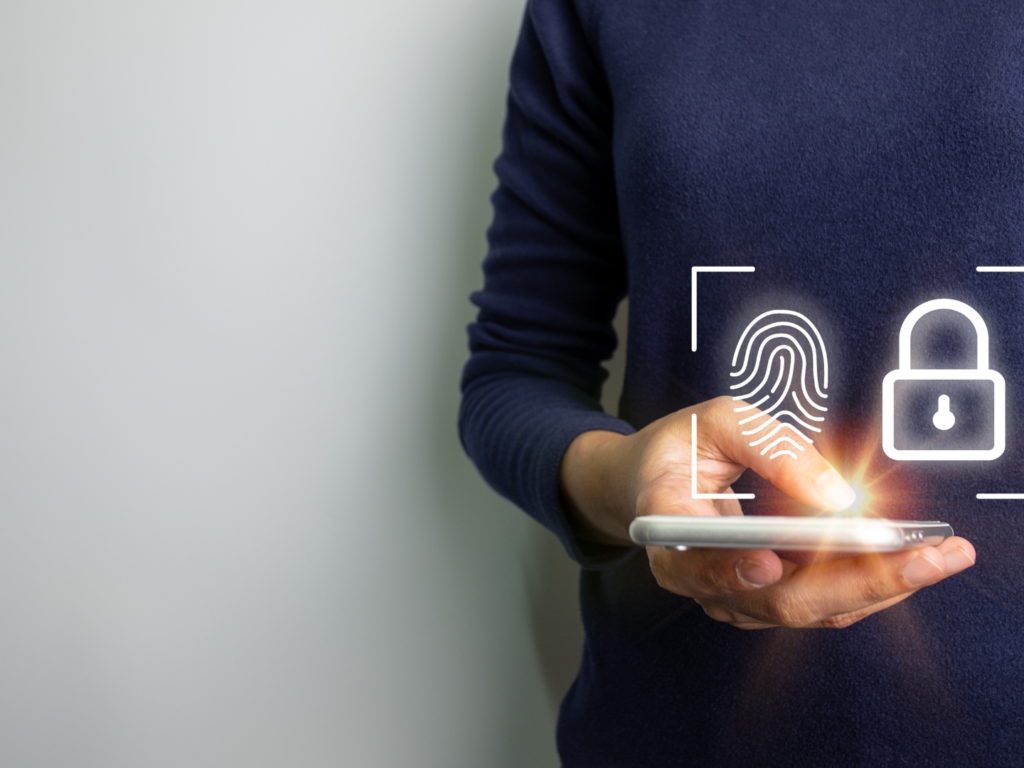Security Tips for Protecting Financial Information Online

Mobile deposits, digital savings accounts, online money transfers, credit monitoring apps – the options for managing finances online are practically endless. In an era of growing digital and FinTech capabilities, protecting your financial information online has never been more important.
Lurking behind computer screens, crafty hackers are constantly scheming for ways to break into your financial accounts. These digital thieves are using malware and phishing scams to steal your money.
Protecting financial information and blocking hackers can be easily achieved with a few preventative measures. To help you improve your data security, we’ve put together a few actionable tips for handling finances confidently online.
Secure Your Online Financial Information with These 6 Tips
Keeping your online financial information confidential is critical for money security. When working with money online, always be cautious when sharing sensitive details like account numbers, social security numbers, PINS, and more. These simple tips can be your guide for managing your money wisely.
1. Create Strong Passwords
Did you know that an 8-letter password can be cracked instantly? An 8 character password with one uppercase letter and a number is crack-able in 22 minutes. However, a 12 character password with an uppercase letter, number, and symbol takes 34,000 years to crack!
Creating a strong password is one of the first steps in keeping your online financial information safe. Avoid using easily guessable information, like names or birthdays. Consider instead creating a longer phrase that you can easily remember, like “MoneyDoesntGrowOnTrees1!” You can also consider replacing letters with characters, like “Sh0wM3Th3M0ney!”
2. Use Two-Factor Authentication
80% of data breaches are linked to passwords. Adding an extra layer of protection to your online financial information is a smart move. Two-factor authentication (2FA) requires you to provide a secondary way for verifying your identity, like a code sent to your phone or a notification sent to an authenticator app.
3. Avoid Public WiFi and Access Secure Websites
When accessing your online financial information be wary of using public WiFi found in coffee shops, local libraries, and other convenient places. Additionally, it’s important to make sure the sites you access are secure. Typically, mobile apps use encryption, but look for a lock symbol or addresses beginning with “https.”

4. Be Cautious of Phishing Scams
Scammers skillfully pose as trusted companies, organizations, and institutions. Their ultimate goal is to trick you into sharing your personal financial information online.
Be cautious of unsolicited emails, text messages, or calls asking for you to provide sensitive data like your account log in, account number, or other related information. Unsure if an email or text came from the company it’s claiming to be? Contact their service department and ask if the request is legitimate.
5. Secure Your Devices
Just like locking the door to your home is important for protection, adding security measures to your devices is a simple and effective security tactic. Your phone, computer, and even webcam can be tapped in to by a hacker.
Face and fingerprint scanners, strong passwords, and software updates can help reduce the likelihood that a thief can access your secure information.
6. Resist Saving Passwords in Your Browser
Many popular web browsers offer a password-saving convenience feature directly inside the browser software. While user-friendly, in the event you were to lose your computer a person with access to your device would gain automatic access to your password protected accounts.
Why Protecting Your Personal Data is Important
Protecting your personal data online is about more than just checking account security. In 2022, the top cybercrimes for identity theft included credit card fraud, tax fraud, and fraudulent business and personal loans.
Work with a bank who keeps security measures top-of-mind when protecting your personal data. In our constantly-evolving, interconnected world, we believe that being able to bank with peace of mind should be standard.

Protecting Financial Information Online
By taking some simple precautions, you can establish habits for protecting financial information online. Use strong, unique passwords, enable two-factor authentication, access secured websites and WiFi, be wary of phishing attempts, and secure your devices.
Managing money online offers useful convenience – but it also requires users to be cautious. By understanding the risks and taking proactive steps, you can embrace the benefits while reducing the chances of fraud.
Contact Us Today!

